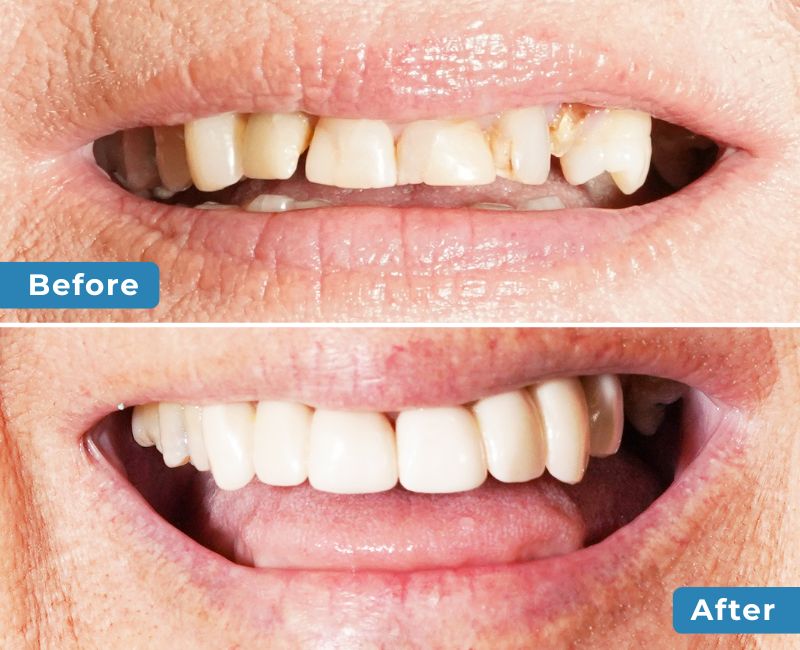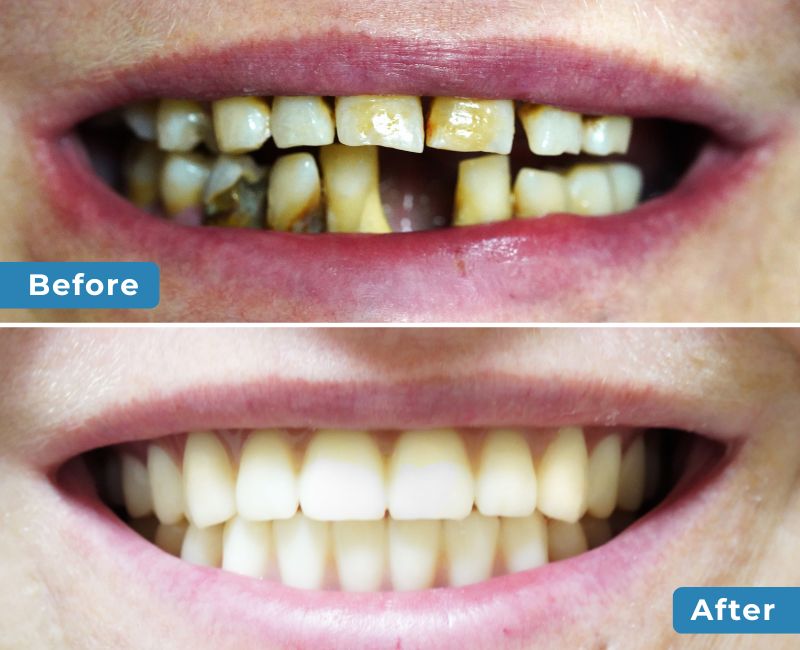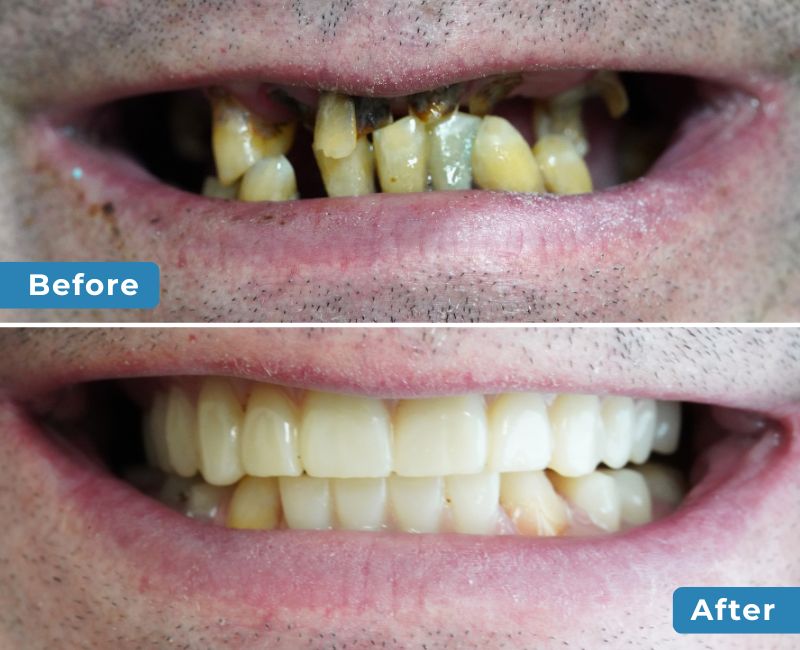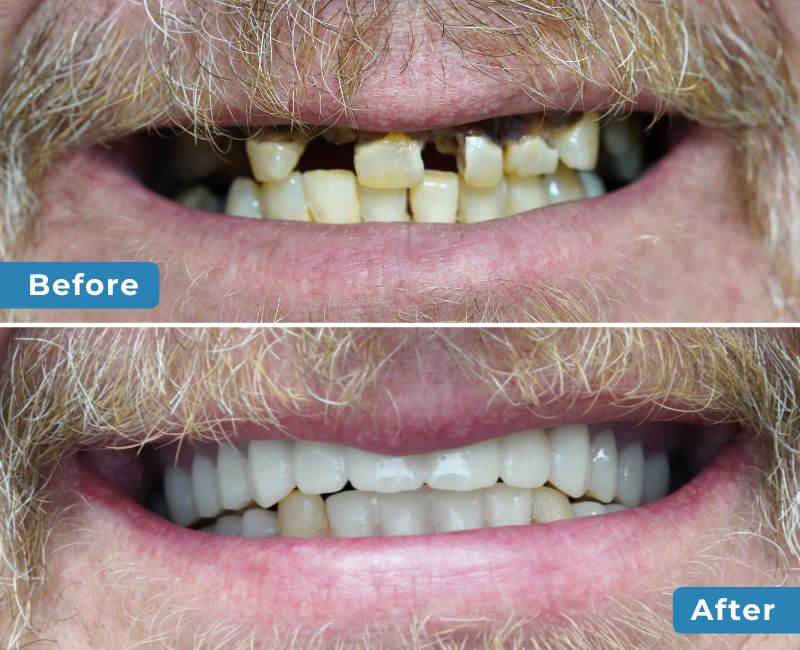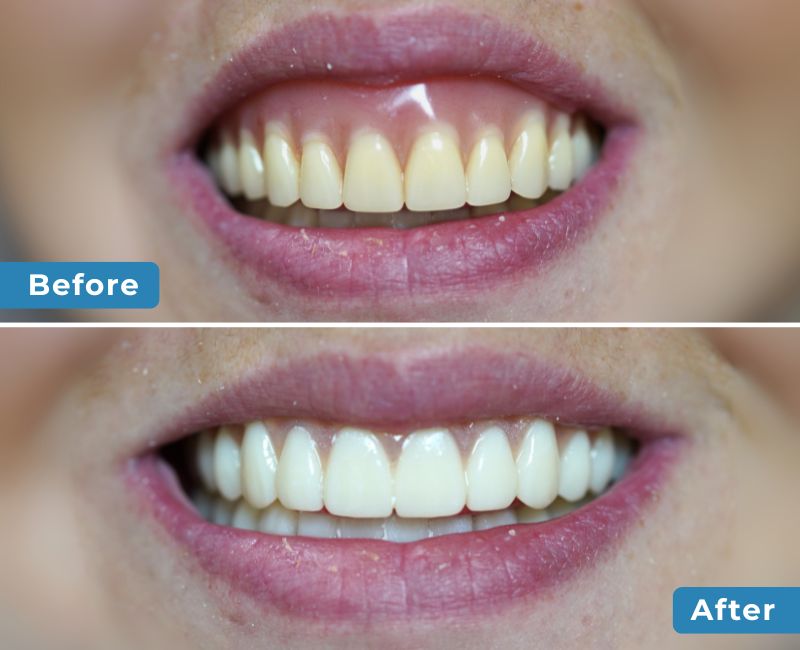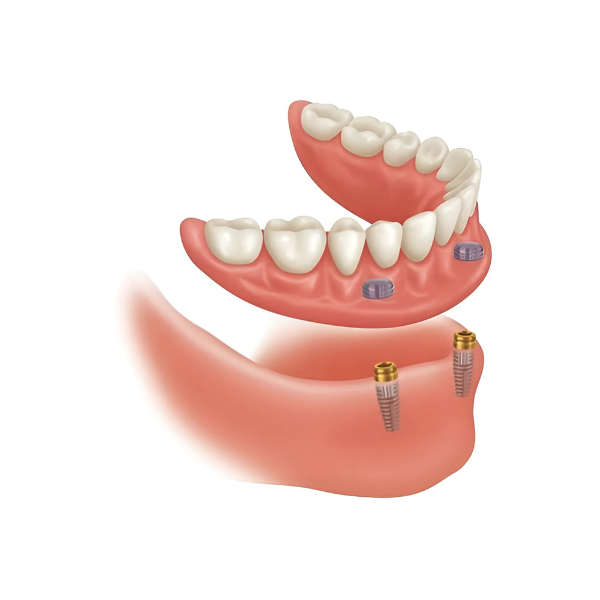
Why Dental Implants Are the Best Choice for Tooth Replacement
Dental implants are a very reliable source for effective tooth replacement. Whether you have lost one tooth or many, implants can provide a permanent solution that looks and functions normally.
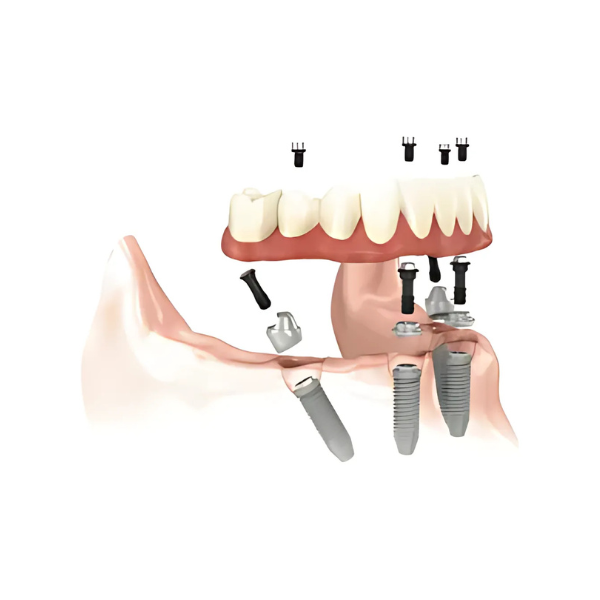
Dental Implants at Black Hills Dentures & Implants
Dental implants are special posts made of titanium alloy or ceramic material which are surgically placed into the jawbone to replace missing teeth or to support a denture. These posts act as an artificial root for a crown when they are used to replace individual teeth. Dental implants stabilize bone levels and can prevent bone loss, resulting in better long-term support, function, and esthetics.
You may want to consider dental implants if:
- You have difficulty chewing food
- You hide your smile because of missing or damaged teeth
- Your dentures are not comfortable
- You do not have or do not want your other teeth to anchor a dental bridge
Dental implants require less adjustment or shaving of surrounding teeth compared to other restoration methods such as dental bridges. They are also more flexible and provide a more natural feeling than bridges or traditional full or partial dentures.

Why Patients Trust Us:
- State-of-the-Art Technology – We utilize CBCT imaging, intraoral scanners, 3D planning software, and surgical guide technology for precise implant placement.
- In-House Design & Fabrication – Our on-site designing and milling delivers faster turnaround times without compromising quality.
- Highly Experienced Doctor – With over 650 hours of continuing education, our clinician is well-versed in implantology, oral surgery, and prosthetics.
- Comprehensive Sedation Options – We offer multiple sedation choices to ensure comfort for even the most anxious patients.
- Patient-Centered Approach – We prioritize affordability, accessibility, and satisfaction, providing care that is both high-quality and cost-effective.
How Much Do Dental Implants Cost?
At Black Hills Dentures & Implants, we provide high-quality affordable dental care so our patients can always receive the treatment they need. The cost of dental implants can vary based on insurance coverage and any complications.
We know many patients are concerned about cost, payment plan options, and insurance coverage when considering dental implants. Call our office to learn more about our pricing or visit our financial page to learn more.
Dental Implant Process at Black Hills Dentures & Implants
- Consultation & Exam. To decide if dental implants are the right restoration method for you we will conduct a full exam, including a special x-ray called a CBCT scan, and discuss your treatment options.
- Tooth Extraction & Bone Grafting. If any teeth need extraction that will be scheduled after a treatment plan is established. This will also require some recovery time to ensure the site is ready for the implant procedure. Any bone grafting required to support the implant will then take place which will require at least a few months to heal.
- Implant placement. Once the site is ready the implantation can take place. The implant will be placed into the jawbone and a healing cap will be placed over the implant. Regular check-ups follow this to ensure proper healing.
- Implant healing. After your implant is placed, osseointegration begins. During this, your jawbone heals around the dental implant providing a solid base for your new artificial tooth. This process takes approximately 3 months.
- Abutment & Crown Placement. Once healing is complete the abutment or connecting piece, and replacement tooth, or crown, can be placed.
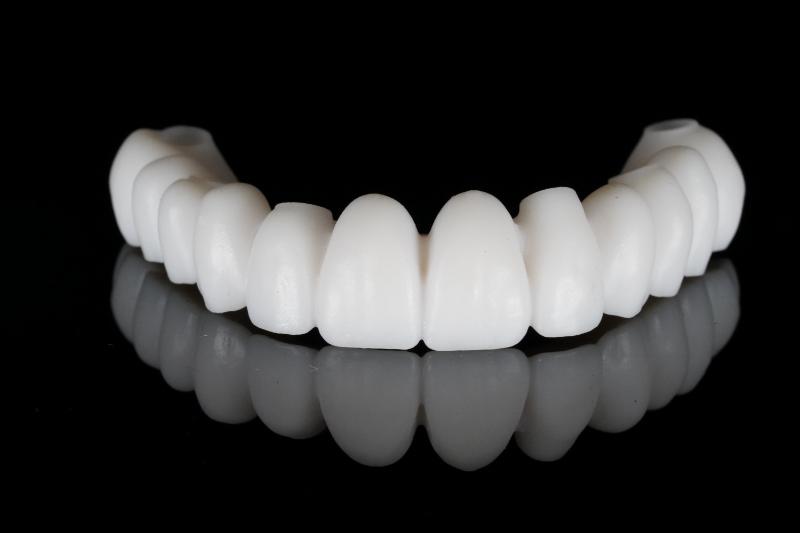
Types of Dental Implants
Explore the different types of dental implants designed to restore your smile with stability, function, and a natural appearance.
Single Tooth Implant
Implant-Supported Dentures
Zirconia Final Bridge Package
What Makes Us Different?
Experience unparalleled dental care at our locally-owned practice, where we prioritize your comfort and needs. Our in-house lab and cutting-edge technology ensure swift, top-quality dentures crafted within hours not weeks delivering superior retention and minimized sore spots through precise manufacturing processes for an impeccable fit. Whether it’s dentures or implant-supported teeth, we offer a range of solutions to restore your desired smile. Additionally, we provide various sedation options for your comfort. Proudly 100% locally owned and operated in Rapid City, we’re dedicated to serving our community.
We proudly offer a 90-day Patient Satisfaction Guarantee for Dentures and Partials as well as an 7-year warranty for our premium denture which is the longest warranties in the market! Learn more about our superior dentures.
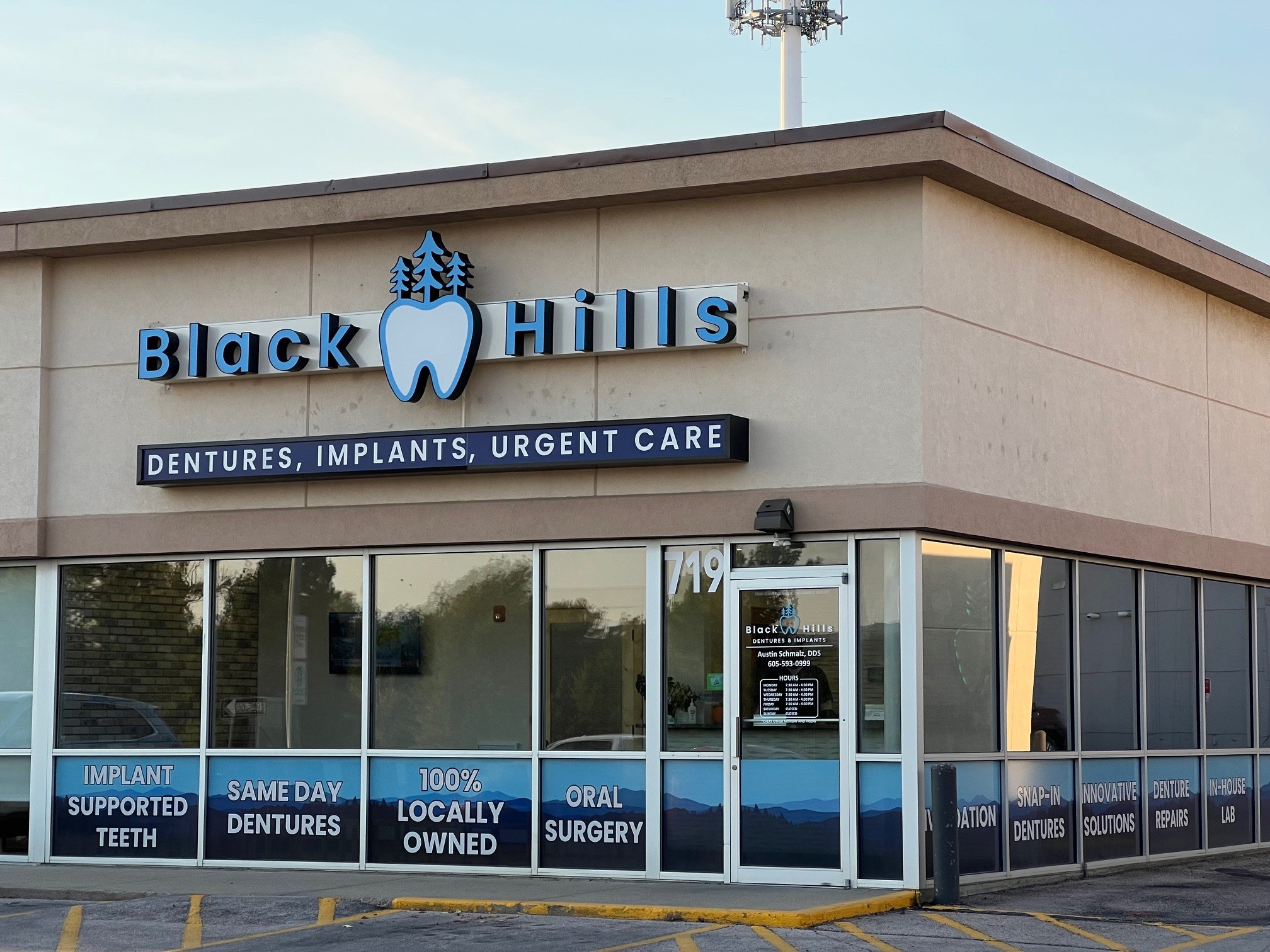
Black Hills Dentures and Implants
At Black Hills Dentures and Implants, we are committed to providing outstanding service, whether you need emergency or general dental care. We are proud to offer affordable dental care for families in Rapid City, SD, and the surrounding communities. Schedule your appointment today!
Frequently Asked Questions
Everything You Need to Know – Get Clear, Honest Answers to Your Most Common Denture and Implant Questions.
What are the benefits of dental implants?
There are many benefits to dental implants, whether single or as part of a larger implant-supported denture restoration. Some of them are:
- Dental implants won’t slip or shift in your mouth like traditional dentures and removable bridges
- Offers firm support to surrounding natural teeth
- As close a restoration method to natural teeth as possible
- A single tooth implant is a stand-alone unit and doesn’t involve treaitng the teeth next to it
- Helps preserve the bone after teeth are lost or extracted
- A better deal in the long run, dental implants may seem more expensive than other restorative methods but with proper care they can last a life time, paying for themselves
How long do dental implants last?
Dental implants themselves are meant to last a lifetime. The post itself will fuse with your jawbone and should never require replacement or further intervention unless rare complications occur. Dental crowns, or the artificial tooth itself, that is attached to the dental implant can have a lifetime of between 10 and 30 years. Dental crowns require the same care as normal teeth. With twice-a-day brushing, flossing, and regular dental checkups the lifespan of your crown can be greatly increased.
Are dental implants painful?
The most painful part of the dental implant process is extracting any teeth that implanted crowns will replace. However, any extraction will include anesthesia meaning little to no pain during the procedure and only a few days of recovery. Any pain experienced during recovery should also be manageable using over-the-counter medications such as ibuprofen.
Are there any aftercare instructions for dental implants?
Immediately after dental implant placement, you should be careful not to disturb the placement site. This means no chewing near the implant. It also requires very careful cleaning for several weeks to a month after placement. The dental implant takes several months to fuse to the jaw so the fewer disturbances during that period the better. If you have a temporary denture to replace your missing dentition, the denture must not rub on the surgical site.
After implantation, and extraction or grafting if required, you may experience typical discomforts associated with any oral surgery. These can include swelling, pain at the site, and minor bleeding. Below are some specific recommendations for the first 2 weeks after any procedure during this process to ensure proper healing and recovery.
Pain Management. Ibuprofen reduces pain and swelling and is highly recommended after surgery.
Oral Hygiene. Gentle brushing is important to keep the recovering area clean and to avoid irritation from overly aggressive brushing. Warm salt water rinses can also help keep the area clean and reduce pain and swelling.
Minor Bleeding. After oral surgeries, it’s common to have a small amount of blood in your saliva for a day or two. Gently biting on a gauze pad for 30 minutes can help with this. If bleeding continues for more than a few days, contact our office.
Swelling. Besides ibuprofen and saltwater rinses, periodically using an ice pack on the cheek near the affected area can help.
Can a misaligned bite affect dental implants?
If you have a misaligned bite, the restorations placed on the dental implants will be at greater risk for fracture or failure. Proper alignment of the teeth before dental implant placement leads to a more esthetic result. Bite and tooth alignment problems should be addressed before dental implant placement.
Are there any risks to getting dental implants?
Dental implants are a very safe and effective type of restoration dentistry. However, there is a small chance that the dental implant will fail to integrate with the jawbone and have to be removed. Certain medical conditions can put you at a higher risk for implant failure. As with any surgery, there is a potential risk of surgical complications when placing a dental implant. Improperly positioned dental implants can make it difficult- if not impossible – to place a useful dental restoration in the mouth. Implant-supported restorations do not have the same feeling as a normal tooth and it is possible to put too much pressure on them when chewing, leading to damage to the implant-supported crown or an adjacent tooth.
What are milled custom dentures?
Milled custom dentures are digitally designed and machine-crafted for a precise fit, natural appearance, and enhanced comfort. They’re more accurate and durable than traditional dentures, offering improved function and a seamless smile.
How long do milled dentures last?
With proper care, milled dentures are highly durable and long-lasting. Our premium options come with an 7-year warranty—among the longest available—ensuring peace of mind and excellent long-term performance.
Are milled dentures more comfortable than traditional dentures?
Yes, milled dentures are designed using digital scans for an exact fit. This minimizes sore spots, improves retention, and enhances overall comfort, especially when compared to traditionally made dentures.
How quickly can I get milled custom dentures?
Thanks to our in-house lab and advanced technology, many patients receive their milled dentures within days, not weeks—making the process faster, more convenient, and tailored to your schedule.
Remarkable Smile Transformations
Experience life-changing results with our dentures and implants—restoring confidence, function, and a natural, beautiful smile!
